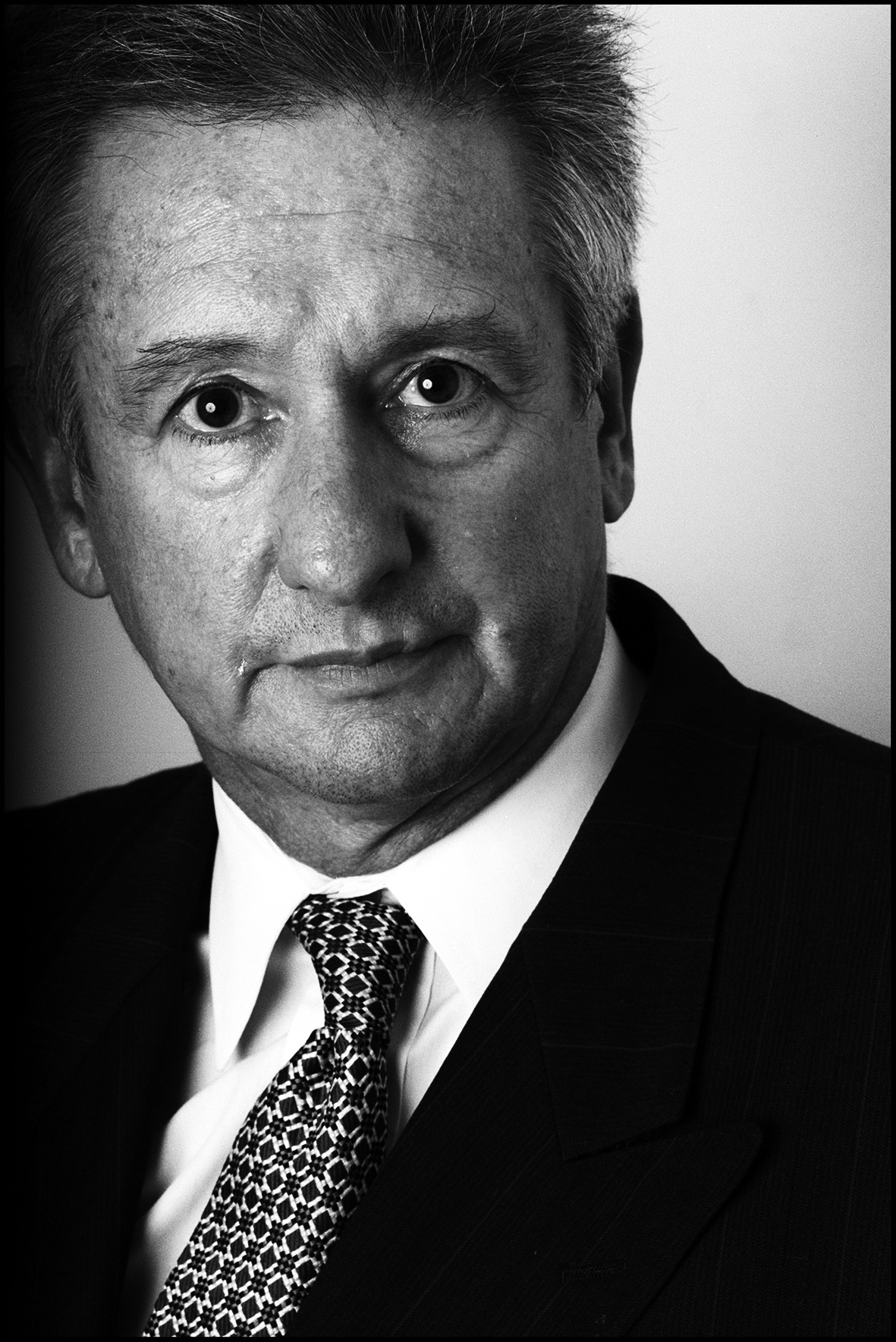DATA NEWS We love data!
Exit stage left: why so many CEOs are leaving
Is it just me or are we seeing many more CEOs heading for the door than in previous cycles.
The analytics team at dbdata.com.au tells me that although it’s a moving target well over 120 CEOs have departed from the electronic boards of the Australian Securities Exchange in the past 12 months. Many like those smaller mining companies in Perth wouldn’t have raised a headline, but it’s still a sizeable number considering the 2500 or so listings on the ASX
So is there a common theme that can analysed through this? Admittedly these are volatile times for the market, and the economy, and pressure on CEO’s and their boards has never been more intense.
Pressure on our trading partners has the nation’s terms of trade at nine-year lows – that translates into low export prices and stress on resources groups – throw in an underperforming economy on the homefront, more regulation and a governance focus on our banking and finance sector, plus shareholder activism, class actions and a surge in opportunistic merger and takeover activity and you have to wonder why anyone would want to be a CEO let alone chairman of the board.
In the banking area three of the four major banks, NAB, Westpac and soon ANZ, all have new CEOs whose main task seems to be cutting costs and raising funds to bolster reserves in case we have another GFC event.
Throw in new CEOs at big insurance outfits like Suncorp and IAG and that just about covers the big guys in finance.
Resource and energy companies are also seeing their share of departures as they come into conflict with their boards trying to unload unwanted assets as commodity prices fall.
Some of the main property players including GPT and Leighton Holding (now Cimic) have new faces, the latter unwillingly.
And in media we have a new CEO at Ten Network who will be the company’s fifth chief executive in five years. And over at Nine Entertainment long-time CEO David Gyngell is apparently pondering his future.
And then there’s Telstra where new CEO Andrew Penn held he’s first annual meeting this week to tell shareholders competition was getting hotter and the company was cutting costs, (read that as people), but at least he had a plan to grow the company by introducing some competition into the Philippines mobile market at an estimated cost of about $A1 billion.
In retail we have a complete new team trying to put Myer back on track, initially by closing more stores, while over at Woolworths new chairman Gordon Cairns seems be working without an active CEO while he ponders what to do with the massive headache called Masters while trying to convince customers that his supermarkets are really cheaper than arch rival Coles.
In Brisbane waste management group Transpacific Industries has lost well-regarded chief executive Bob Boucher after 18 months into the job but the market has accepted the resignation is for personal reasons.
But where the revolving door seems to be working overtime is in the IPO area. It was always considered payday for the CEO when a company floated onto the ASX as long as he or she stayed around for a while.
But such is the state of the market’s nervousness that if a company suffers a hiccup, like not making the prospectus forecast or rather not exceeding the forecast depending on the float multiple, OUT THEY GO.
Whatever happened to be learning form your mistakes or that other one ‘being allowed to fail (once)
One of the strangest examples is the iSelect float, which competes in the comparative insurance area. It seems to have gone through three CEOs and a couple of acting ones in the past couple of years. It floated in 2013! It is now holding takeover talks with a big US private equity firm.
Another big IPO, Glenworth Mortgage Insurance, has also is lost its CEO Ellie Comerford within a year of floating. Reflecting the confusion she will hang around while the board finds someone else. This is not an uncommon occurrence but reflect well on the board. The share price has been underperforming
Newly-listed homebuilder Simonds Group, which hasn’t been able to lift its share price since listing less than a year ago, is also looking for a new CEO after Paul McMahon said he would step down.
His quote to the Australian Financial Review was fairly direct: “Our role operationally was to deliver on what we say we will deliver. We have done that at every juncture. What happens outside of that happens.”
But the biggest market shock was the unexpected announcement of the exit of CEO George Savvides who led this year’s $A5.7 billion float of Medibank Private. Savvides has been managing director of the former government-owned health insurer since 2002 so he may have been getting tired, but big investors pointed to tensions at board level.
Such are the pressures of a public listing.


